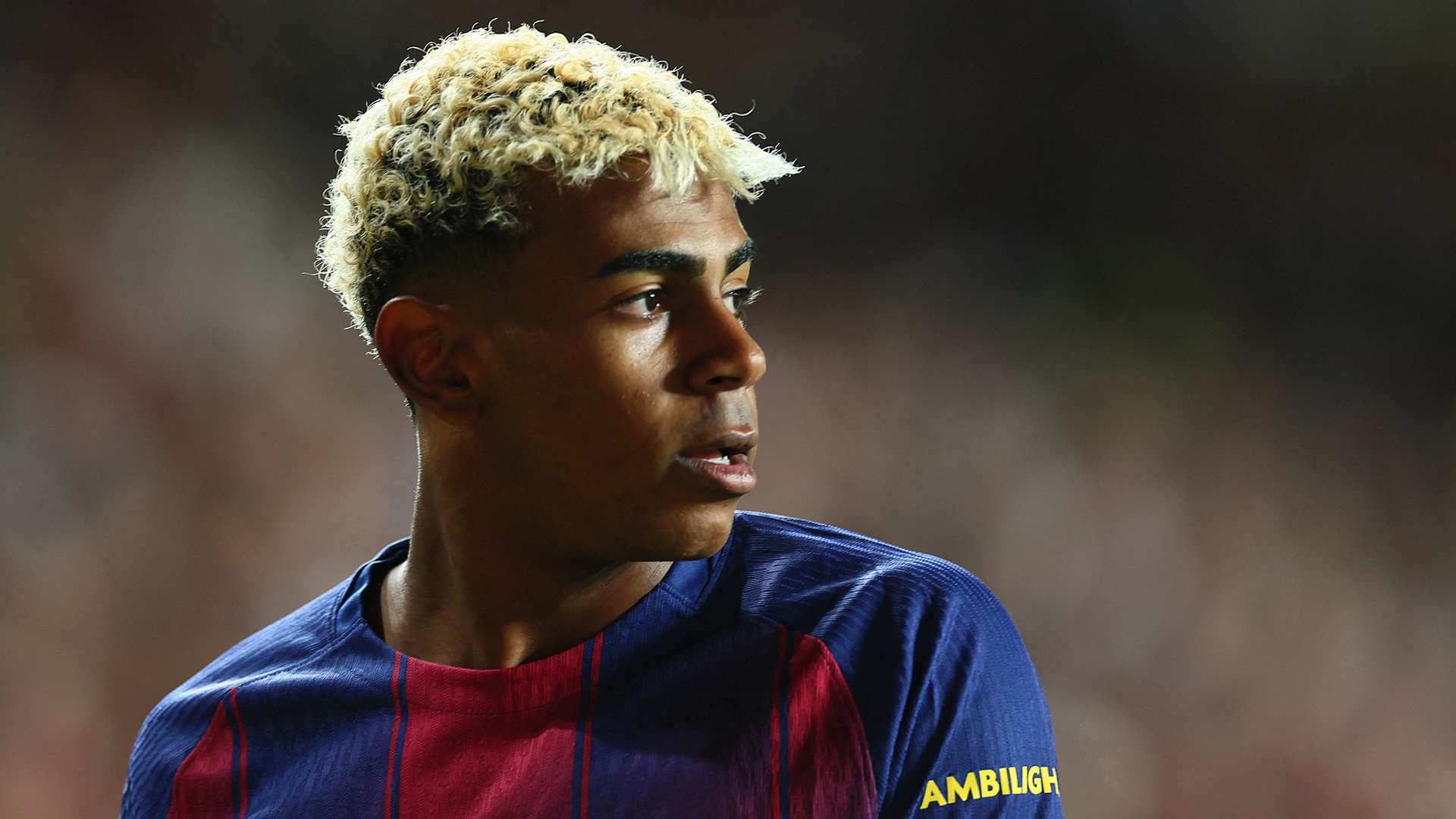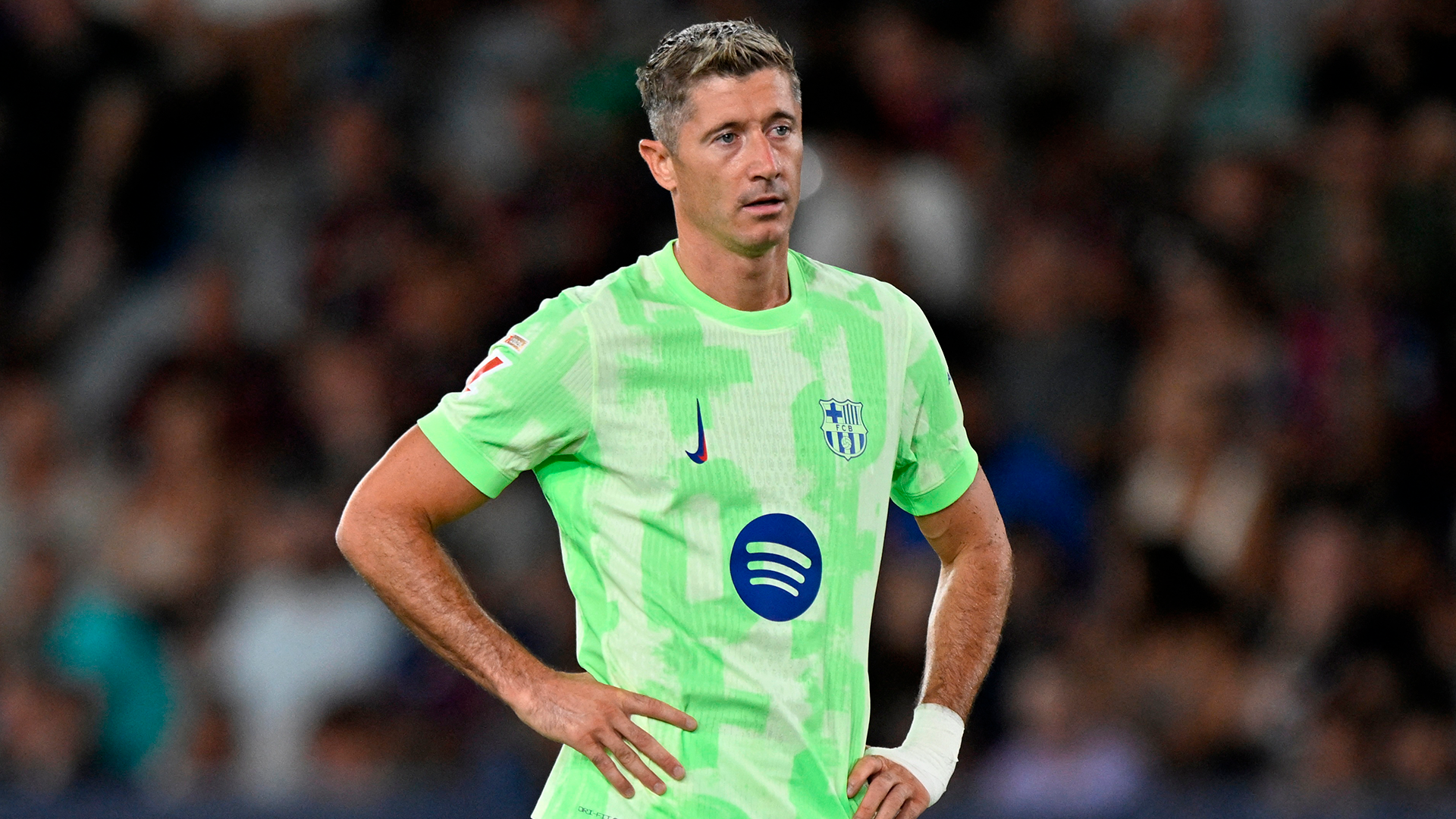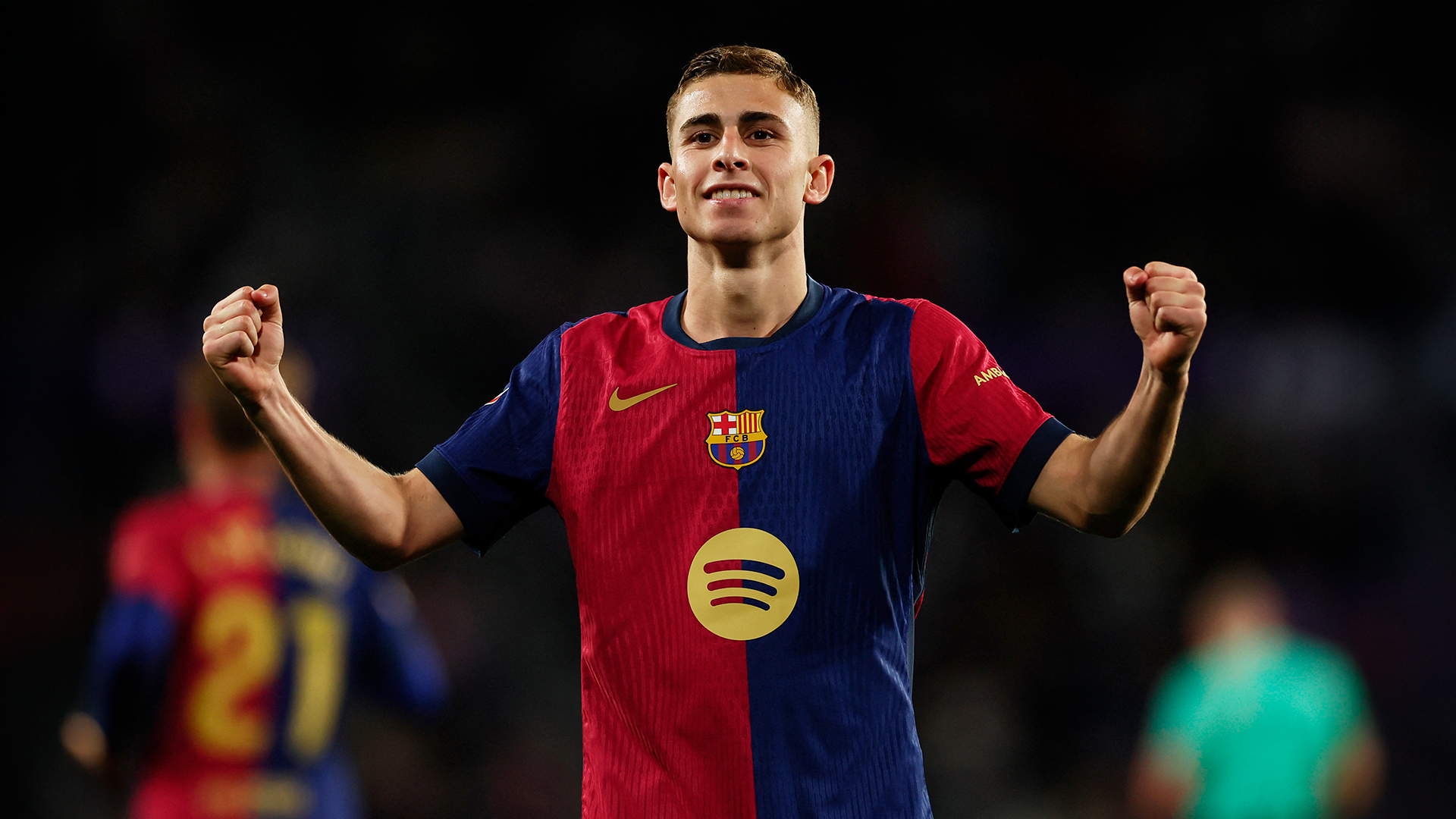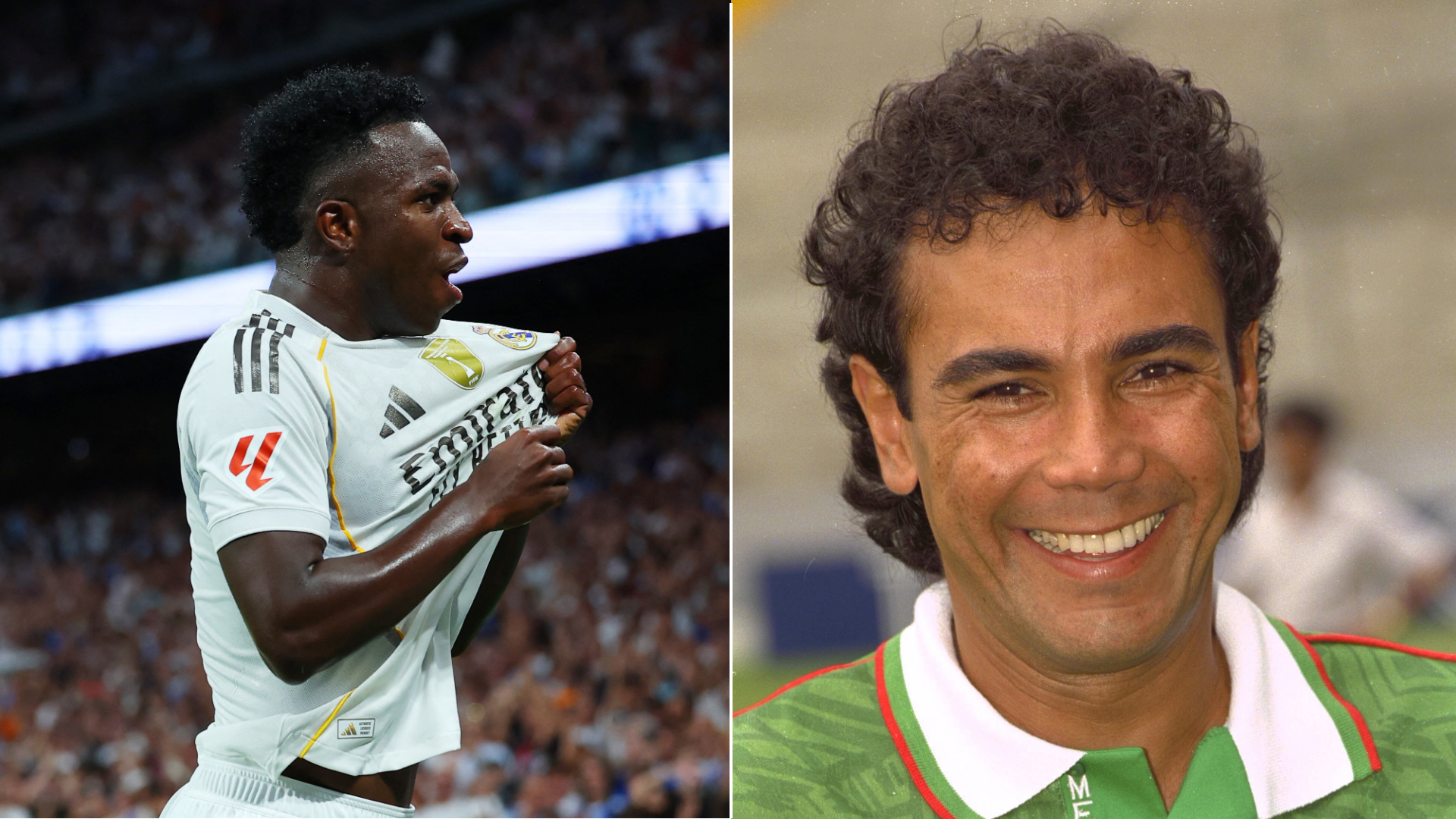- Home >
- Soccer >
- LaLiga >
- Mauricio Pochettino Blasts Barcelona: “They Say Barça Is More Than a Club… What Does That Mean?”
Mauricio Pochettino Blasts Barcelona: “They Say Barça Is More Than a Club… What Does That Mean?”
Mauricio Pochettino didn’t hold back: the Argentine coach once again lashed out at Barcelona and proudly defended his identity tied to Espanyol.
The Argentine Reignites the Controversy
In a new installment of his interview with Josep Pedrerol on El cafelito from Chiringuito TV, Mauricio Pochettino delivered another round of explosive statements. The current United States national team coach reiterated that he would never manage FC Barcelona and openly questioned the club’s iconic phrase: “They say Barça is more than a club… what does that mean? That you have to indoctrinate kids with certain ideas?”
Aware of how controversial his words might be, Pochettino stood firm: “Every team has its own culture, and Barça is a great club, but I don’t share what they’re trying to sell. I think they’re getting it wrong there.”
Espanyol Pride
Leaving no room for ambiguity, Pochettino once again emphasized his deep bond with Espanyol, the club where he both played and began his coaching career. “I believe Espanyol is a much more independent and much more Catalan club than Barcelona,” he stated firmly.
He also recalled one of his most famous quotes: “I’d rather go back to my farm in Argentina before coaching Barcelona.” For him, that line is still valid and perfectly defines his identity: “My identification with Espanyol is total. People tell me, ‘We’ll see if Barça ever offers you the job.’ I can tell you right now, I would not coach Barcelona.”
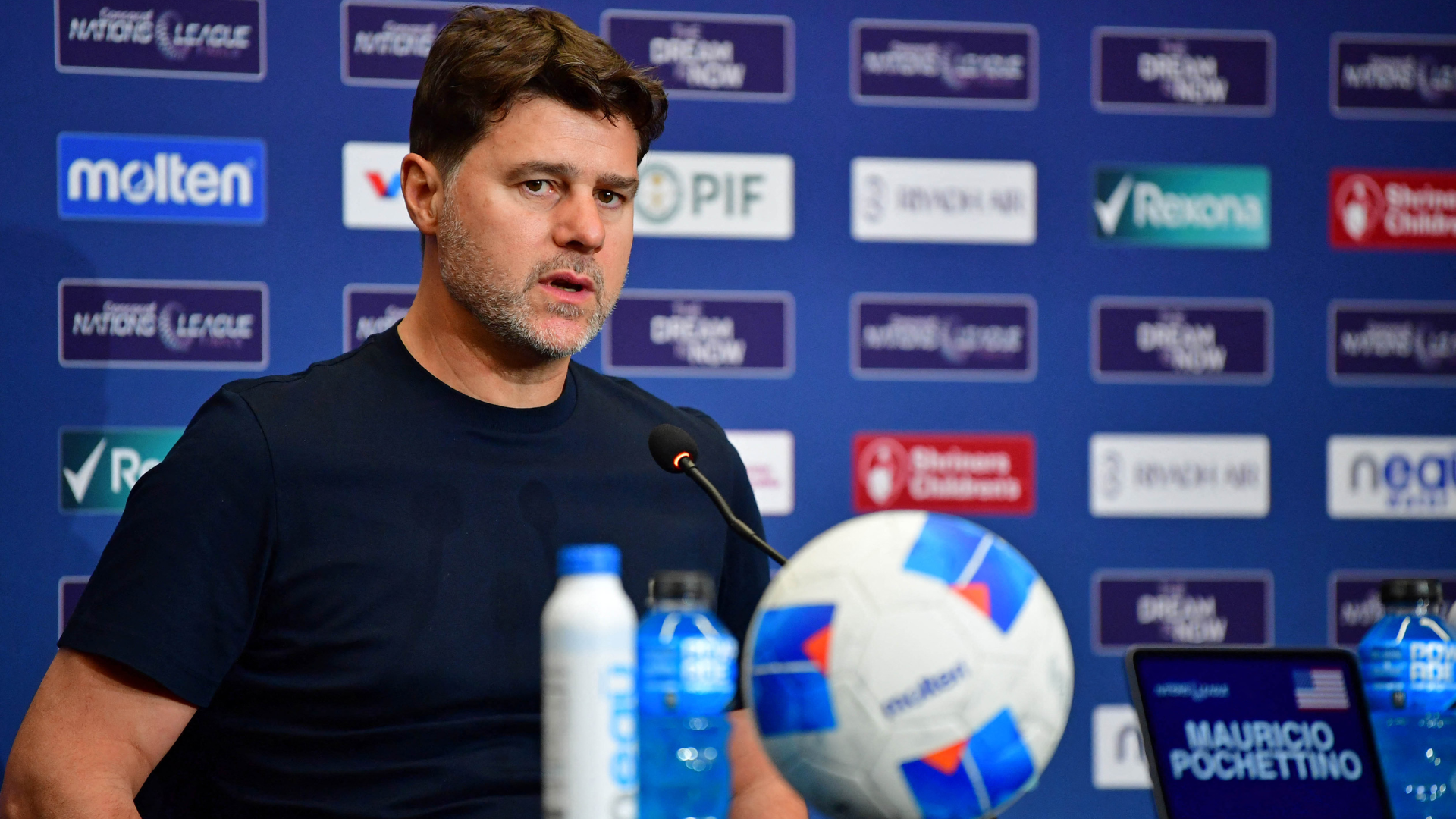
An Unshakable Stance
Pochettino, who now leads the U.S. national team, made it clear that neither time nor changes in his professional career have altered his position. His words remain as firm as when he worked in Europe, once again fueling the historic rivalry between the two Catalan clubs.
His remarks reignite a classic debate in the city of Barcelona: what does it really mean to be “more than a club”, and to what extent is that slogan part of Barça’s cultural and political identity?










